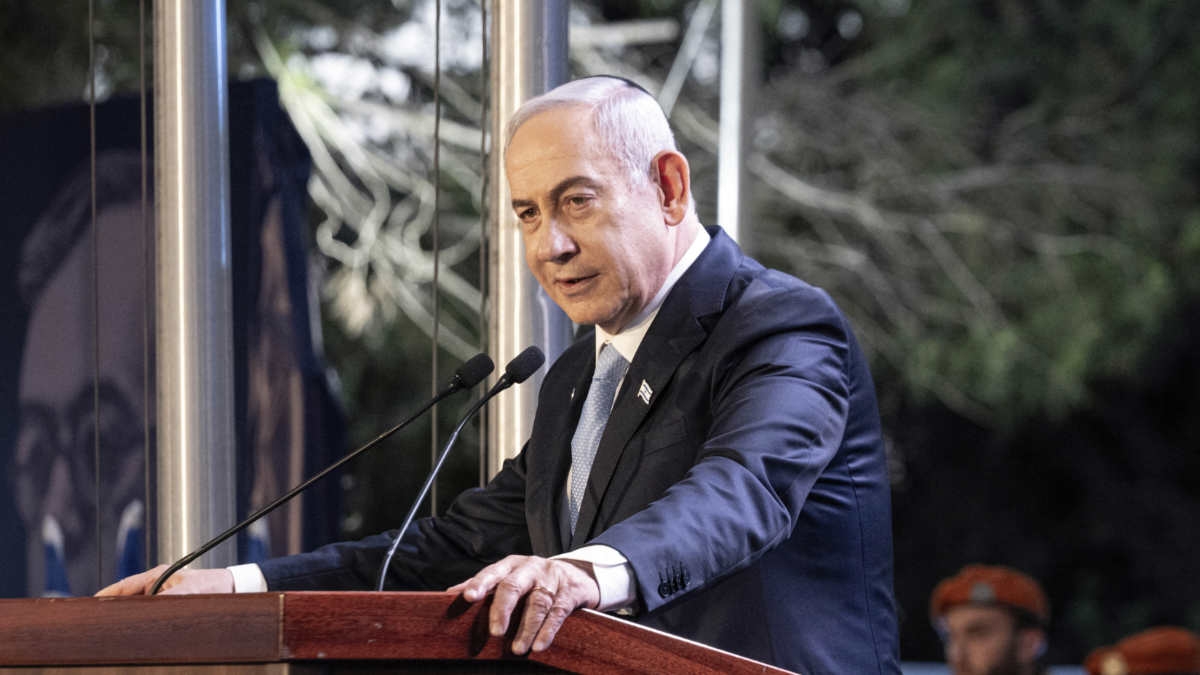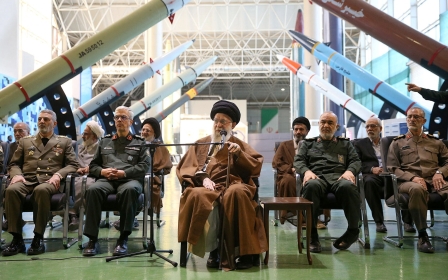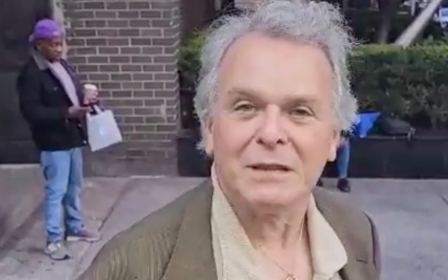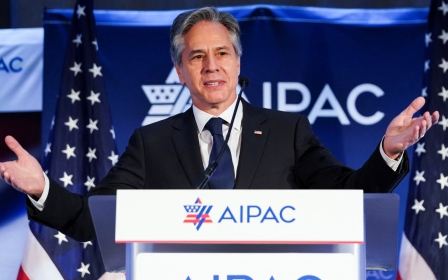Israel concerned US advocacy ran afoul of foreign agents law: Report

Israel allegedly sought legal advice amid concerns that its advocacy campaigns in the US could put it in the crosshairs of laws governing foreign government lobbying, according to a report published by The Guardian.
Israel was concerned that efforts to sway US public opinion could force Israeli government organisations to register under the Foreign Agents Registration Act (Fara), the report said, citing leaked emails and memos provided by the group, Distributed Denial of Secrets, or DDoSecrets, a US-based nonprofit.
The report alleges that Israeli officials sought the advice of Israel’s Ministry of Strategic Affairs' legal advisor, who recommended Israel divert government funds to third-party American non-profits that could advocate positions on Israel’s behalf while giving the government “supervision and management” control.
The 2018 deliberations focused on Kela Shlomo, a public relations unit formed by the strategic affairs ministry to combat the Palestinian-led Boycott Divestment and Sanctions movement, which aims to "end international support for Israel's oppression of Palestinians and pressure Israel to comply with international law".
Kela Shlomo was renamed Concert in 2018 and later, Voices of Israel in 2021. The Guardian reported that the group was reactivated after 7 October to discredit US students protesting against Israel’s war on Gaza.
New MEE newsletter: Jerusalem Dispatch
Sign up to get the latest insights and analysis on Israel-Palestine, alongside Turkey Unpacked and other MEE newsletters
Israel hired Sandler Reiff, a well-known law firm in Washington, DC, to examine whether Concert and other Israeli advocacy efforts ran afoul of Fara regulations.
Former Israeli deputy attorney general Dina Zilber wrote in one leaked email that Israel was motivated to conduct due diligence because of increased scrutiny of officials in Donald Trump’s government, at the time alleged to be operating as Russian agents.
Israeli officials appeared to have deep misgivings about potentially having to register advocacy organisations as foreign agents.
“Donors are not interested in donating to groups registered under Fara,” one document said, citing senior Israeli advisors.
'Not to be revealed'
Liat Glazer, the legal advisor to Israel’s Ministry of Strategic Affairs at the time, also voiced concern that Israel’s hiring of US lawyers could hurt its public image in the US, saying the move would “raise claims that the state of Israel wants to unacceptably interfere in US matters and spark a public debate on a sensitive issue in Israel-US relations”.
“As I understand it was agreed with them [Sandler Reiff] that the engagement with [Israel] would not be revealed,” Glazer wrote.
According to the leaked documents, Sandler Reiff worked on analysing Fara-related matters for Israel from 2018 through 2022.
Glazer is now employed by Google in Israel, working on government affairs and public policy.
The documents also revealed that Concert made donations to US advocacy groups, including Christians United for Israel and the Israel Allies Foundation. The latter was actively advocating for anti-BDS laws.
Israel’s Ministry of Strategic Affairs also provided a $445,000 grant to the Institute for the Study of Global Antisemitism and Policy (Isgap), or roughly 80 percent of the organisation’s reported annual budget, the documents reveal. The move may have avoided Fara regulations because US law provides an exemption for funding academic projects.
In 2023, Brig Gen Sima Vaknin-Gill, a former Israeli intelligence officer and former chief military censor who helped found Concert, joined Isgap as its managing director.
Another group that publicly says it is a partner of Concert and Israel’s Ministry of Diaspora Affairs is the Kansas-based nonprofit, Combat Antisemitism Movement (Cam). Vaknin-Gill isn also a board member of Cam.
In an email dated December 2019, Glazer appeared to still voice concern about how Israel is navigating the US Department of Justice’s probes into pro-Israeli groups.
“The ministry already faces real challenges in operating with groups in the US, and this could hurt the various groups that are willing to work with the ministry or with [Concert] and ultimately harm the office’s activities in dealing with the phenomenon of delegitimization and boycotts,” Glazer wrote.
Middle East Eye delivers independent and unrivalled coverage and analysis of the Middle East, North Africa and beyond. To learn more about republishing this content and the associated fees, please fill out this form. More about MEE can be found here.





